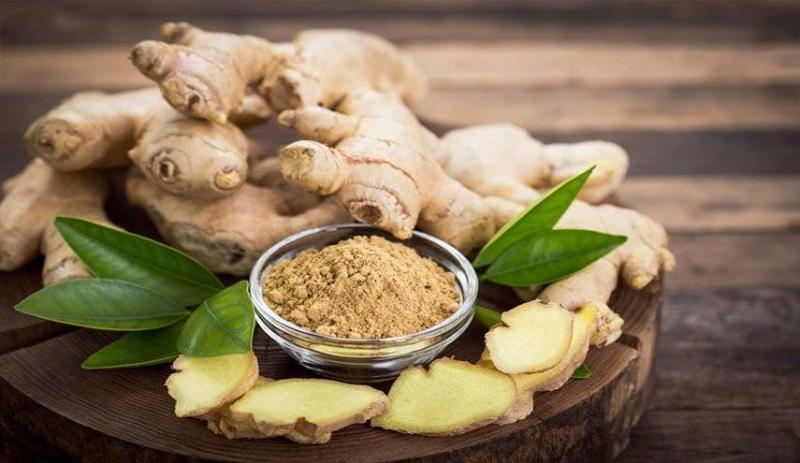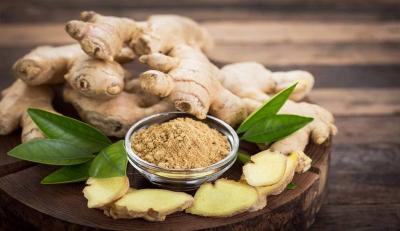An article on the Al Arabiya website discusses foods that can be beneficial for diabetics, especially during winter. The article emphasizes that to enjoy warmth, energy, and vitality on cold winter days, suitable winter foods can effectively help maintain glucose levels for diabetic patients, provided they are combined with appropriate exercise and adherence to other healthy lifestyle habits. Diabetes is a chronic condition requiring lifelong management, and seasonal changes like winter can sometimes pose challenges and increase the risk of complications for diabetic patients, according to Boldsky, a health and nutrition website. A scientific study indicates that blood sugar control in diabetic patients can be seasonally affected, with lower sugar levels in summer and higher levels in winter. A proper diet significantly aids in managing blood glucose levels effectively. Here are some exceptional winter foods that help with glucose control and keep the body warm while boosting immunity during winter:
1. **Boiled Eggs**
Both the egg white and yolk are important protein sources that can promote satiety without raising blood sugar levels. One study suggests that frequent egg consumption (2-4 servings per week) is linked to a 40% lower risk of developing diabetes compared to 0-1 serving per week. However, consuming large amounts of eggs may increase diabetes risk in middle-aged women, who are advised to consume eggs only as occasional snacks. Boiled eggs also help maintain body warmth in winter, making them the best among exceptional winter foods.
2. **Walnuts**
Studies show that regular walnut consumption reduces the chances of developing diabetes. Walnuts are significantly linked to blood glucose control as they can help improve glucose levels and aid in maintaining a healthy weight for diabetic patients.
3. **Winter Squash**
As the name suggests, winter squash is a nutritious vegetable typically available in winter. Research indicates it helps quickly lower high blood glucose levels and is particularly effective for diabetics with serious health conditions. The antihyperglycemic effect of winter squash is largely due to phytochemicals like tannins, saponins, and flavonoids, which also support immunity during the season and maintain the health of diabetic patients.
4. **Ginger Tea**
Ginger is widely known for raising core body temperature and providing warmth. According to scientific studies, ginger can significantly lower blood glucose levels due to its antioxidant, cholesterol-lowering, and anti-diabetic effects, thereby reducing the risk of diabetes complications. Ginger tea is considered the best healthy and nutritious drink to keep the body warm in winter while maintaining glucose levels for diabetics. It also helps reduce waist circumference and body weight.
5. **Cinnamon**
Cinnamon is a fantastic addition to tea, soups, curries, and baked goods. It can significantly alter body temperature, which is why cinnamon tea is ideal for winter. Cinnamon has positive effects on blood sugar levels for both healthy individuals and diabetics. For diabetic patients, about 3-6 grams of cinnamon can help maintain sugar levels. Additionally, cinnamon's anti-inflammatory and antioxidant properties contribute to immune strength and prevent diabetes complications.
6. **Fish**
While fish consumption is not directly linked to glucose regulation, some studies suggest that fish's high protein, vitamin D, and omega-3 fatty acid content can lower cholesterol and improve insulin sensitivity, thereby enhancing the condition of diabetic patients and reducing their risk of complications.
7. **Legumes**
Studies have shown that regular consumption of legumes, such as beans, plays a significant role in reducing the risk of diabetes and helps manage blood sugar levels for diabetics. Beans have a low glycemic index, making them digest more slowly and causing less of a sugar rise after consumption. They are also known to reduce blood sugar response when eaten with rice compared to rice alone.
8. **Oranges**
Oranges are among the best winter fruits and are excellent for diabetics. They contain essential nutrients like vitamin C, magnesium, folic acid, beta carotene, and orange flavonoids, which have properties that control glucose levels, reduce cholesterol, and protect pancreatic cells from oxidative damage. Oranges also facilitate efficient digestion, helping generate heat in the body to combat winter's chill.
9. **Cloves**
Scientific studies indicate that cloves significantly reduce blood glucose levels after meals, lower cholesterol levels, and prevent oxidative damage to pancreatic and kidney cells. Cloves are also excellent for regulating body temperature and help keep the body warm when consumed in the form of tea or soup.
10. **Pumpkin Seeds**
The presence of active components like niacin, trigonelline, sterols, and peptides in pumpkin seeds has a significant effect on blood sugar levels for both healthy individuals and diabetics. The fiber in pumpkin seeds helps prolong feelings of fullness and prevent frequent snacking. Additionally, the high magnesium content in pumpkin seeds helps regulate body temperature and keep it warm during winter, although overconsumption should be avoided to prevent digestive issues.




